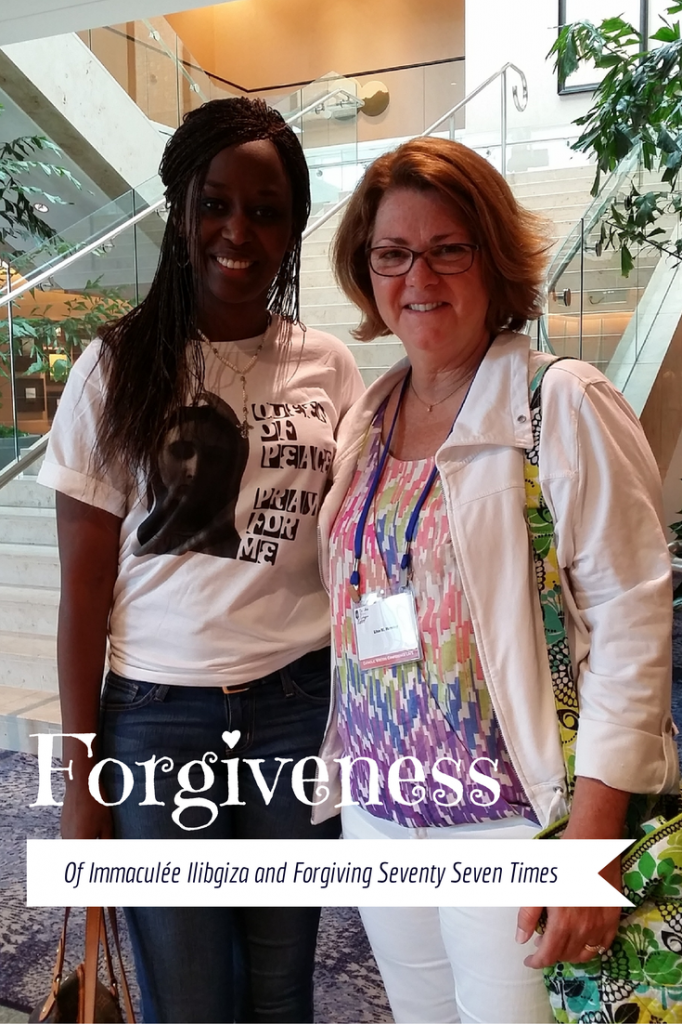Today, I continue my 100 day series remembering the twentieth anniversary of Rwandan genocide. Please join me in prayer for those lives lost and impacted in this tragedy. #NeverAgain. LMH

In my reading this weekend, I came across this heartfelt editorial from Rwandan Paul Ntambara who wrote about his experience of an open conversation in China amidst Africans regarding the genocide and its aftermath. Here is a portion of Paul’s comments, which underscore an ongoing lack of understanding about the goal of Rwandans to move beyond cultural divisions:
Well, CCTV honoured their pledge to cover commemoration activities, and on April 7, its reporters relayed the event live from Kigali.
What followed was start a journey to understand why some people have continued to revise or deny the 1994 Genocide against the Tutsi. I had a follow up discussion with the rest of the scribes; it was their little knowledge about the Genocide that I found most shocking.
Well, who can blame them; I came to the realisation that the onus lies on Rwandans to tell their story to whoever cares to listen. People out here will listen in anything; sadly sometimes it could be a Genocide denier or revisionist doing the talking.
Subsequently, in collaboration with the Rwandan Embassy in China and the China-Africa Press Centre, a discussion on the Genocide in Rwanda was held for the benefit of the African scribes. It was a ‘no holds barred’ debate where Dr Emile Rwagasana, the Embassy First Secretary, stressed that there was no ‘taboo’ during the discussion.
It was an informative discussion going by the questions that were asked and the wit with which they were answered. Talking about the Genocide with historical clarity is the only sure way of countering deniers and revisionists; it is also the only true way of honouring its victims and survivors. I hope the message was passed on and received.
“Are you Tutsi or Hutu” is another recurring question that I have come to contend with. At an International Pentecostal Church, I was confronted by an Indian man, visibly in his 60’s. After introducing myself as a man from Rwanda, the first question was; “Are you Tutsi or Hutu?”
This was a strange question to someone who had just come from Rwanda. I told him that I’m Rwandan.
I encourage you to read the entire editorial. In it, you will hear the heart of a Rwandan who is doing his best to shine a light on what unites his country rather than what divided them so horrifically in years gone by. Even twenty years later, such conversations cannot be easy to have.
And such divisions cannot be easy to overcome…










